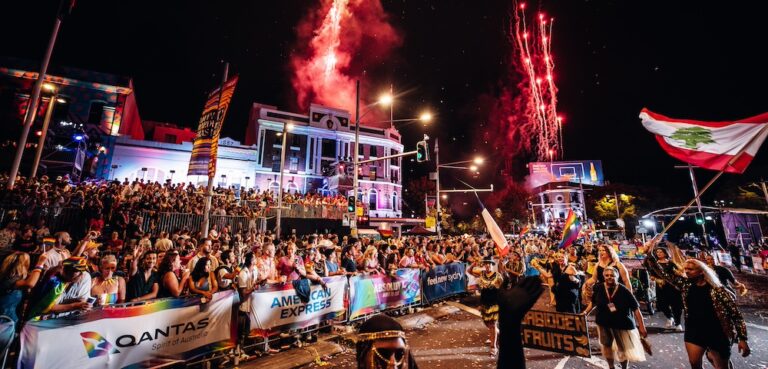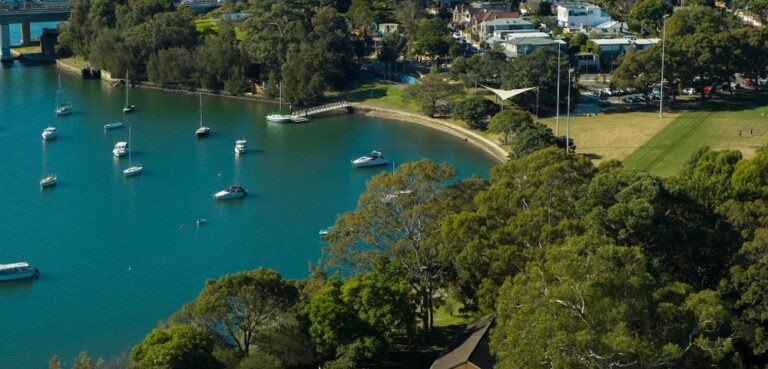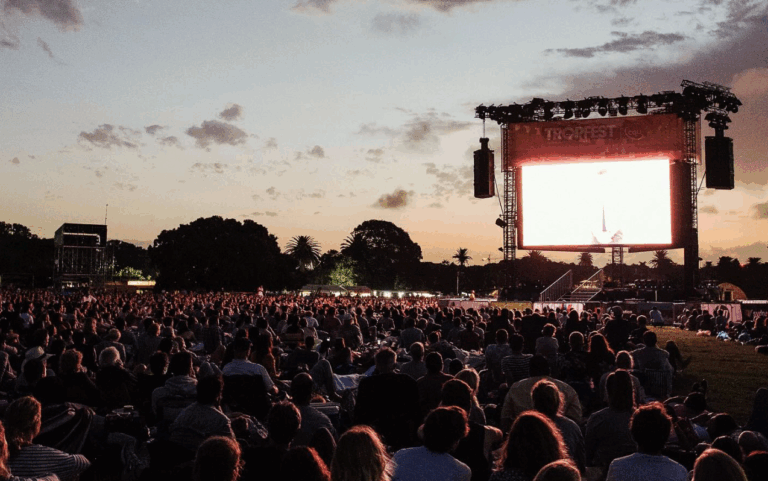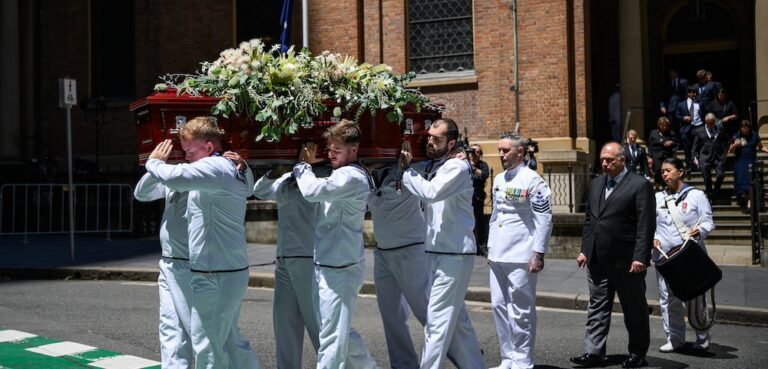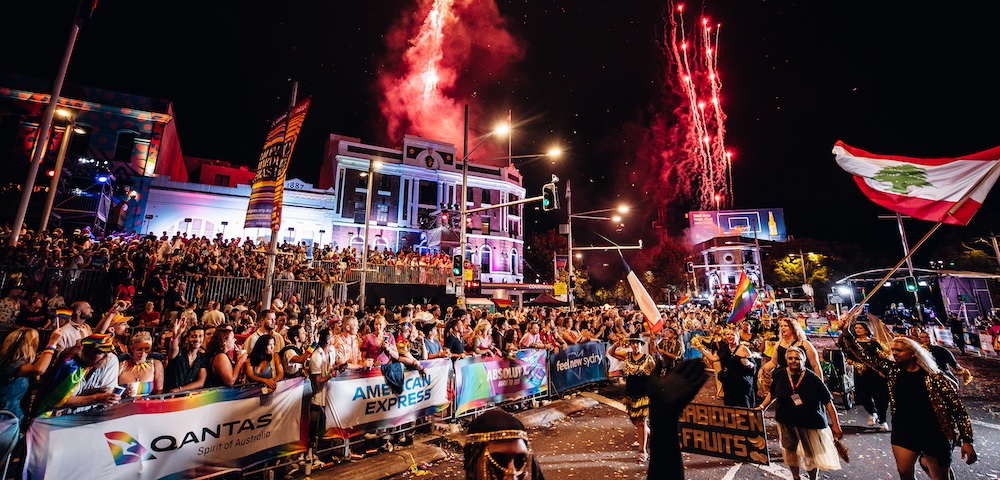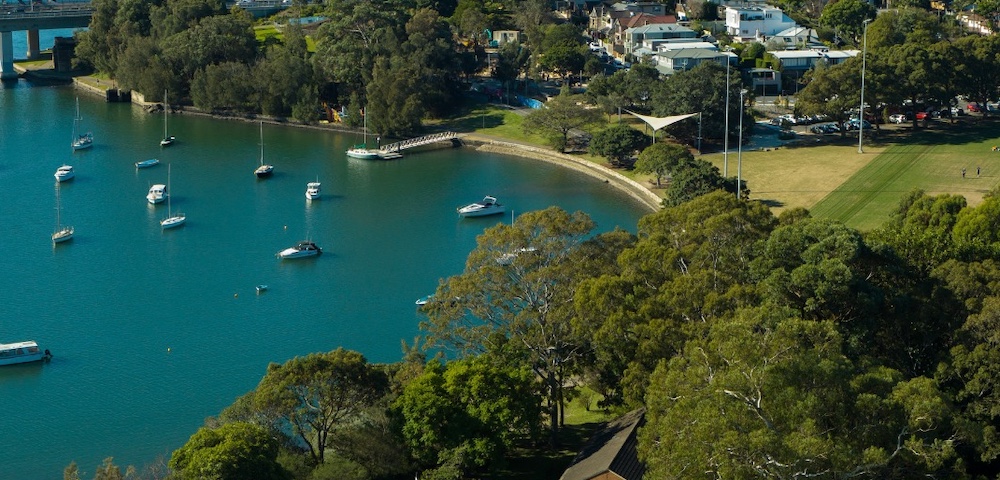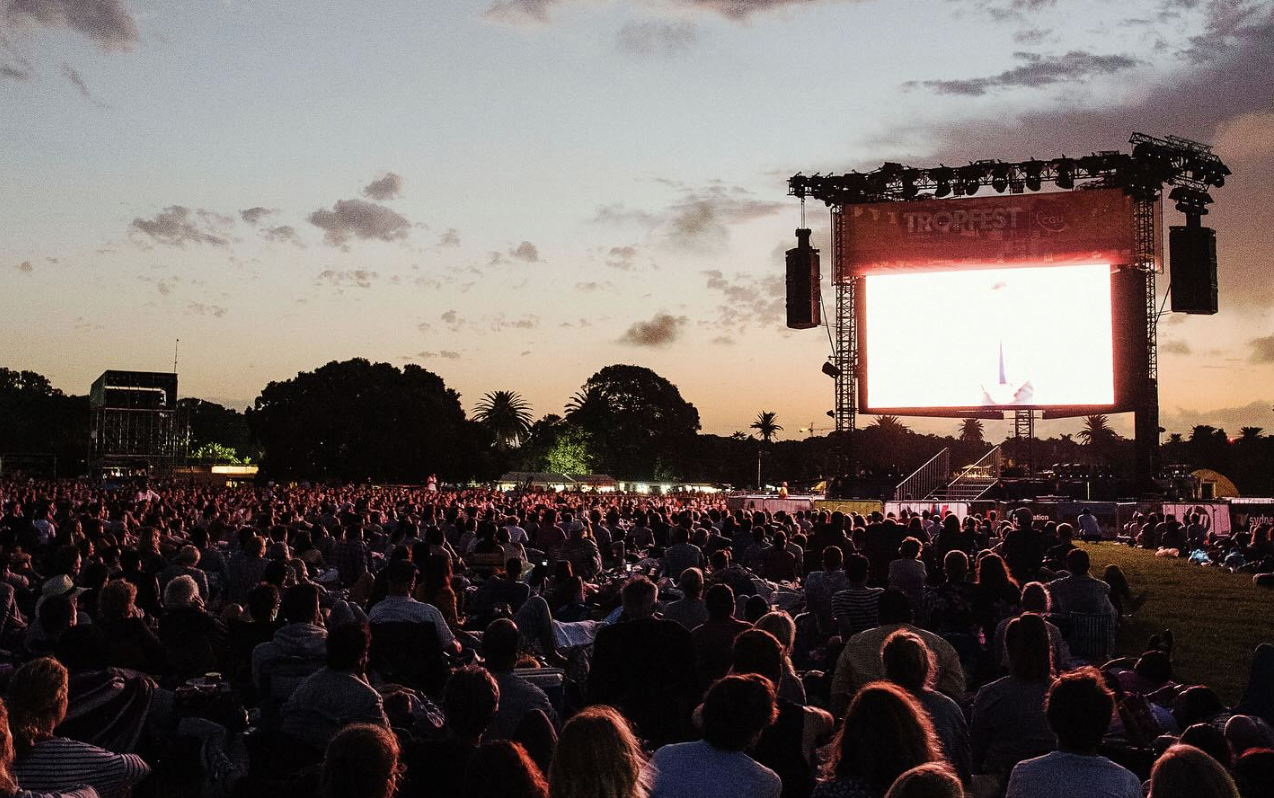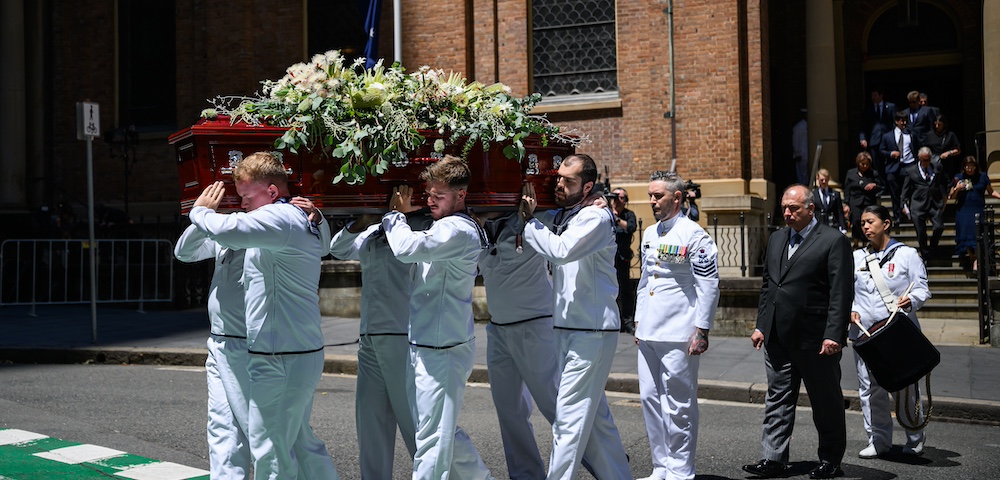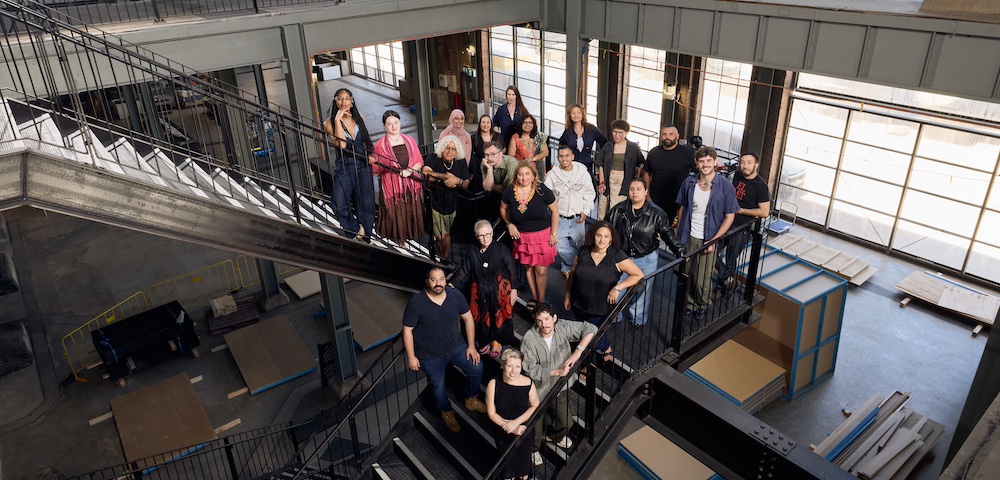
Callan Park: Council’s Plans To Install Synthetic Turf Face Strengthened Opposition
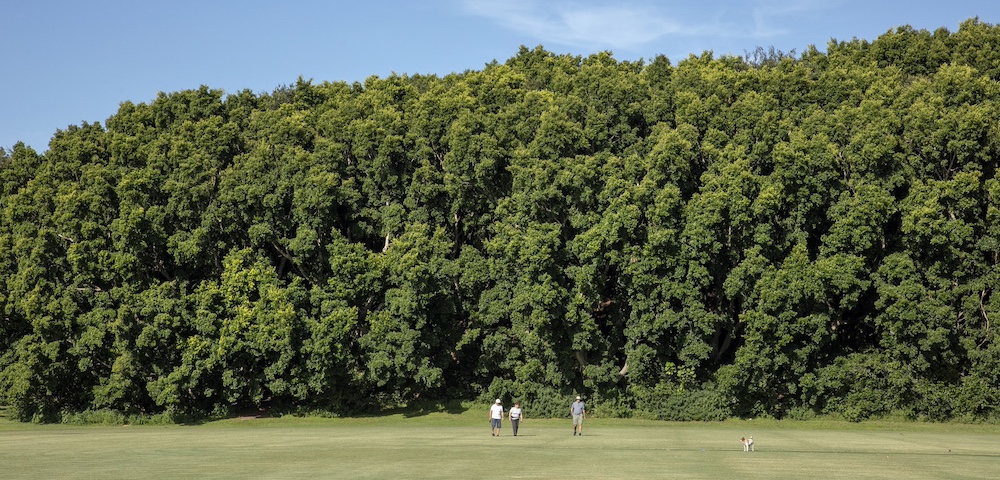
Plans to install synthetic turf at Callan Park are facing strengthened opposition buoyed by moves to regulate plastic, amidst claims that community concerns have been dismissed.
Local resident Louise Appel is against the installation of artificial grass. On Tuesday 19 August, she made her case before the Inner West Council, arguing that the manufactured material is environmentally harmful.
“Since plastic grass sheds tiny blade particles of microplastic throughout its lifetime, in the case of Centenary and Callan Parklands, this would end up in the waterways of Sydney Harbour.” That would amount to “incontestable” harm to the marine environment, Appel told councillors.
She wants the existing grass ovals to be retained and upgraded. “We need to apply better practice to Callan Park, not wrap it in microplastic.”
“It would be quite scandalous in 2025 to take such a huge body of evidence identifying direct health implications, as well as legislation that protects the health and futures of all Australians, and ignore it in favour of corporate profit.”
Appel has circulated an open letter to all Inner West councillors, and has also reached out to Balmain MP Kobi Shetty and environment minister Penny Sharpe.
She alleges that submissions against synthetic turf “have been met primarily with a high level of disrespect from the [Inner West mayor Darcy Byrne],” who was contacted by City Hub for comment.
Callan Park synthetic turf: Legal moves to regulate plastic
In her crusade against the Council’s plans, Appel has trawled through the statutes. She believes that recent changes in the law could help to decide the fate of synthetic turf at Callan Park.
The Product Lifecycle Responsibility Act 2025 seeks to “minimise the impact that products have on human health and the environment” throughout their lifecycle. It institutes an enforceable responsibility on manufacturers of certain goods, to be subsequently determined, to ensure that their products are not harmful.
“Dropping tonnes of plastic into landfill,” as happens when synthetic turf is periodically replaced, is suitably harmful in Appel’s mind.
Shetty says that although the Act could theoretically address environmental concerns around artificial grass, “it would require the government to introduce specific regulations to hold synthetic turf producers responsible for the product at its end of life.”
She believes that the Government “should introduce stronger planning laws to better guide councils in their use of synthetic turf, while providing funding to support better maintenance of natural ovals.”
A Greater Sydney Parklands spokesperson said that the body “complies with all relevant legislation in the management of our parks.”
Changes are taking place internationally. Negotiations are underway in the development of the United Nations Plastic Treaty, which will seek to end plastics pollution.
Shetty calls Council decision process “inappropriate”
Shetty is critical of the Council’s conduct. “It’s really frustrating to see the Mayor rushing a significant decision around the installation of synthetic turf in Callan Park, without appropriate community consultation.”
She notes that Greater Sydney Parklands will shortly be releasing the draft Plan of Management for Callan Park, which will give residents and park users the opportunity to provide feedback.
“I’ve said from the outset that it’s inappropriate for Inner West Council to make piecemeal decisions before that consultation has taken place. I know from speaking with residents and the local sporting community that there’s a range of views on the proposal for synthetic turf, and it’s important both Inner West Council and Greater Sydney Parklands take the time to get this decision right.”
She said that she understood the desire to install synthetic turf.
“I do appreciate the frustration of families after unprecedented rain has washed out so many games. My kids play soccer too and we know how disappointing it is for them to miss out.”
“That said, we can’t ignore the significant health and environmental concerns that come with synthetic turf, particularly in sensitive areas like the waterfront in Callan Park.”
“We know each synthetic field can shed tens to hundreds of tonnes of microplastics into our environment every year, and that they worsen the urban heat island effect because of how hot they get. There is a pressing need to reduce plastic in our environment, and this reliance on synthetic turf as a ‘cure-all’ is likely to cause us more issues down the line.”
Council committed to “all weather” fields
A Council spokesperson told this masthead that the “greatest threat to the health and well-being of Inner West kids is the inability to participate in sport and exercise on a regular basis.”
“Inner West Council is committed to ensuring our residents can utilise our sporting fields in all weather conditions. With the rapid growth in participation in female sport in the last few years, this has become even more critical.”
The spokesperson said that during consultation, the Balmain District Football Club and the Leichhardt Saints Football Club “provided positive feedback and support” for the creation of two synthetic fields at Callan Park.
Other codes use the ovals as well. Among their users are the Inner West Harbour Cricket Association and the Balmain South Sydney Cricket Club. A cricket pitch was recently installed in the nearby Rozelle Parklands.
According to the Council spokesperson, the synthetic turf fields “will be delivered using modern technology and cork infill, which has already been successfully implemented at other all-weather surfaces in the Inner West, including at Lambert Park and Tempe Reserve.”
City Hub reached out to Inner West Mayor Darcy Byrne for comment, but did not receive a response by time of publication.
